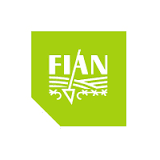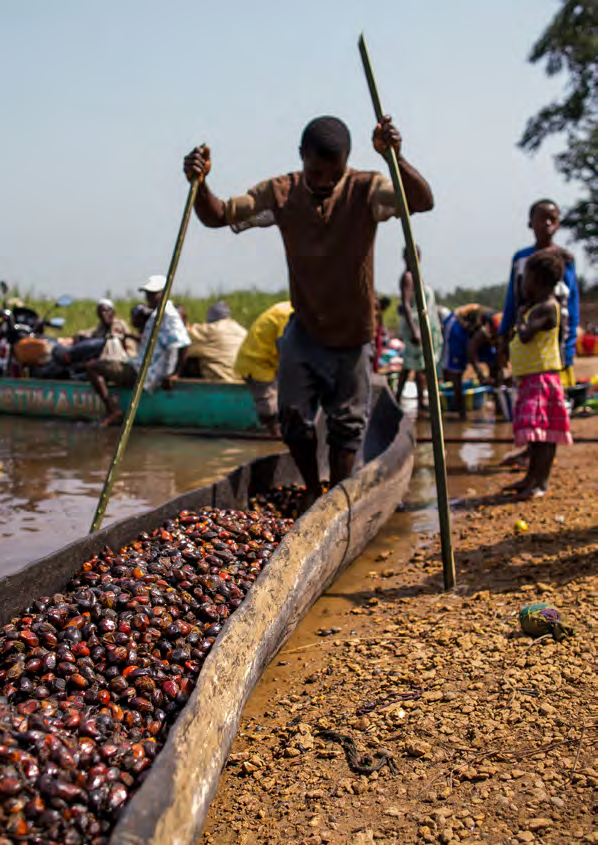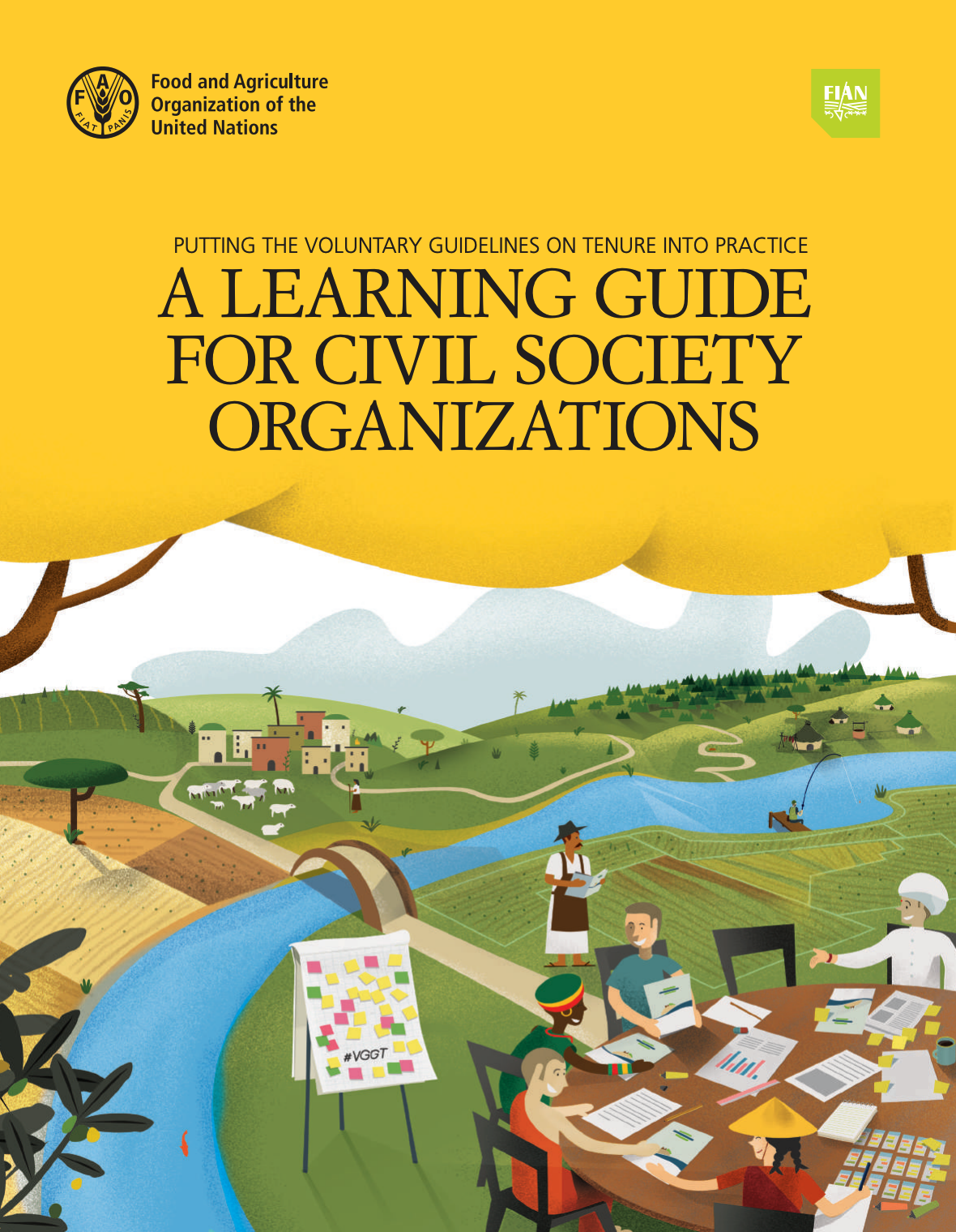Focal point
Location
FIAN International was founded in 1986 as the first international human rights organization to advocate for the realization of the right to adequate food and nutrition.
FIAN consists of national sections and individual members in over 50 countries around the world. FIAN is a not-for-profit organization without any religious or political affiliation and has consultative status to the United Nations.
FIAN’s mission is to expose violations of people's right to food wherever they may occur. We stand up against unjust and oppressive practices that prevent people from feeding themselves. The struggle against gender discrimination and other forms of exclusion is integral part of our mission. We strive to secure people's access to the resources that they need in order to feed themselves, now and in the future.
FIAN’s vision is a world free from hunger, in which every woman, man and child can fully enjoy their human rights in dignity, particularly the right to adequate food, as laid down in the Universal Declaration of Human Rights and other international human rights instruments.
source: https://www.fian.org/who-we-are/who-we-are/
Members:
Resources
Displaying 6 - 10 of 38Accaparement de terres et huile de palme en Sierra Leone
Date: 7 mars 2019
Source: Farmlandgrab, FIAN Belgium
FIAN Belgium publie un nouveau rapport "Accaparement de terres et huile de palme en Sierra Leone : analyse du cas SOCFIN à la lumière des droits humains".
Résumé
Putting the Voluntary Guidelines into Practice: A Learning Guide for Civil Society Organizations
This learning guide provides civil society organizations (CSOs) with a methodology and a set of materials to undertake training on the VGGT with civil society actors from the grassroots to the national level. Trainees will learn how to apply the VGGT to actual tenure governance challenges.
Toolkit for participatory action research
This project brings the international soft law instrument, the Voluntary Guidelines on Responsible Governance of the Tenure of Land, Fisheries, and Forests (Tenure Guidelines or TGs) to rural communities and, together with them, uses the Guidelines to strengthen their tenure of land, fisheries and forests. As well, it provides policy-relevant knowledge on how to promote legitimacy and accountability of public authorities involved in land grabs. The goal of the Toolkit is to help users to produce outputs which are politically relevant and useful.
Building bottom-up accountability in an era of land grabbing in sub-saharan Africa : policy points and recommendations from Nigeria, Uganda, Mali and South Africa
This policy brief outlines recommendations resulting from a three-year action research programme undertaken by civil society organizations in collaboration with threatened communities of smallholder farmers and fishers.
Collaborative action research on the rush for land and water in Uganda, Mukono District
The land in fishing communities is especially susceptible to land grabbing. Findings reveal that lawlessness, ignorance of the law, unlawful evictions and increasing conflicts in fishing and farming communities, all lead to loss of access to land and fishing grounds. This report gives background and context of the research, clarifies the legal and policy framework governing the use of land in Uganda, while providing background on the Mukono district.






